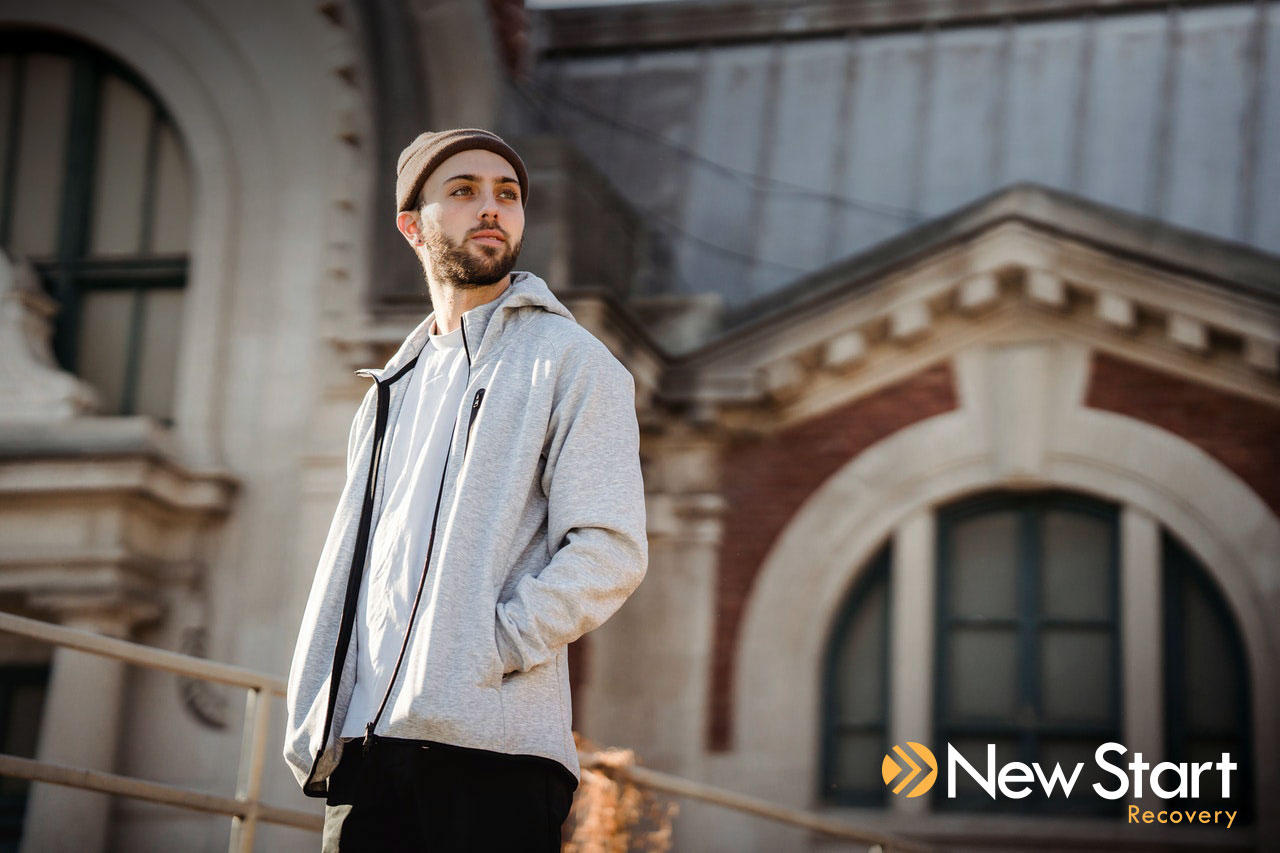Though admitting you need help and checking into detox is one of the hardest steps on the road to recovery, there are plenty of trials after one gets clean and sober as well. People suffering from opioid or alcohol addiction face a dilemma after detox (which provides buprenorphine to curb withdrawal symptoms) and after residential treatment (which provides security from relapse and daily therapy/groups). Eventually addicts in recovery must go back to their normal lives with the normal temptations and relapse triggers. Though ideally supplemented with outpatient support, it is very difficult to get through the first few months of being clean and sober without relapsing. Vivitrol reduces cravings for opioids and alcohol by using a monthly injection of naltrexone.

What is naltrexone?
Naltrexone is a non-addictive prescription medication approved by the FDA for reducing opioid and alcohol cravings. It belongs to a class of drugs known as opioid antagonists and works in the brain to block receptors from opiate effects. While it does not prevent overdose, it does help people in recovery for opioid or alcohol abuse to stay abstinent.
While naltrexone is not a narcotic, it should help the person taking it feel calm and relaxed. The agitation from cravings is decreased enough to reduce the chances of relapse to a more manageable level. Vivitrol is the monthly injectable form of naltrexone, which provides an extended release without having to remember to take a daily pill.
Part of a Bigger Program
Many people in recovery find naltrexone useful to reduce cravings, but it is not a one-stop solution to maintaining sobriety. Building a new substance-free lifestyle requires the assistance of other mental health tools as well. One of the most important is cognitive behavioral therapy, which can take the form of individual counseling or group counseling in a treatment center.
One may hope to finish an inpatient program and continue on with life as normal. But success rates are much higher for those who continue with outpatient therapy in addition to whatever medications might be prescribed by an addiction psychiatrist. Treatment requires a holistic, comprehensive approach of which naltrexone or the Vivitrol shot is just one aspect.
Does Vivitrol Prevent Overdose?
 This is one of the common misconceptions of the drug. Neither the monthly Vivitrol shot nor the daily naltrexone oral pill will prevent overdose of opiates or alcohol. Vivitrol reduces cravings, but it will not stop a person who has relapsed from overdosing. One drug that has the potential to do that for opioid overdoes is Narcan, which also requires a prescription.
This is one of the common misconceptions of the drug. Neither the monthly Vivitrol shot nor the daily naltrexone oral pill will prevent overdose of opiates or alcohol. Vivitrol reduces cravings, but it will not stop a person who has relapsed from overdosing. One drug that has the potential to do that for opioid overdoes is Narcan, which also requires a prescription.
Vivitrol Reduces Cravings, but Not Withdrawals
Vivitrol is a medication commonly prescribed after a person has gone through detox. This is because naltrexone doesn’t treat withdrawal symptoms. If you are trying to get off alcohol or opioids, it is important to go through detox under a supervised medical setting, as they monitor withdrawal symptoms that may be fatal.
If you or a loved one is seeking help for a substance abuse problem, our addiction counselors are available 24/7 by phone: 714-455-3409

